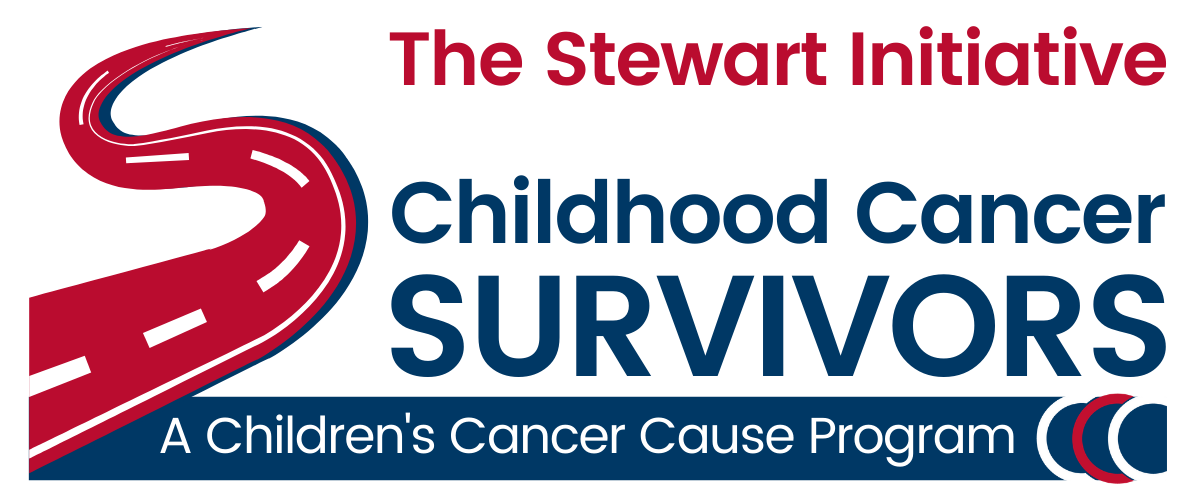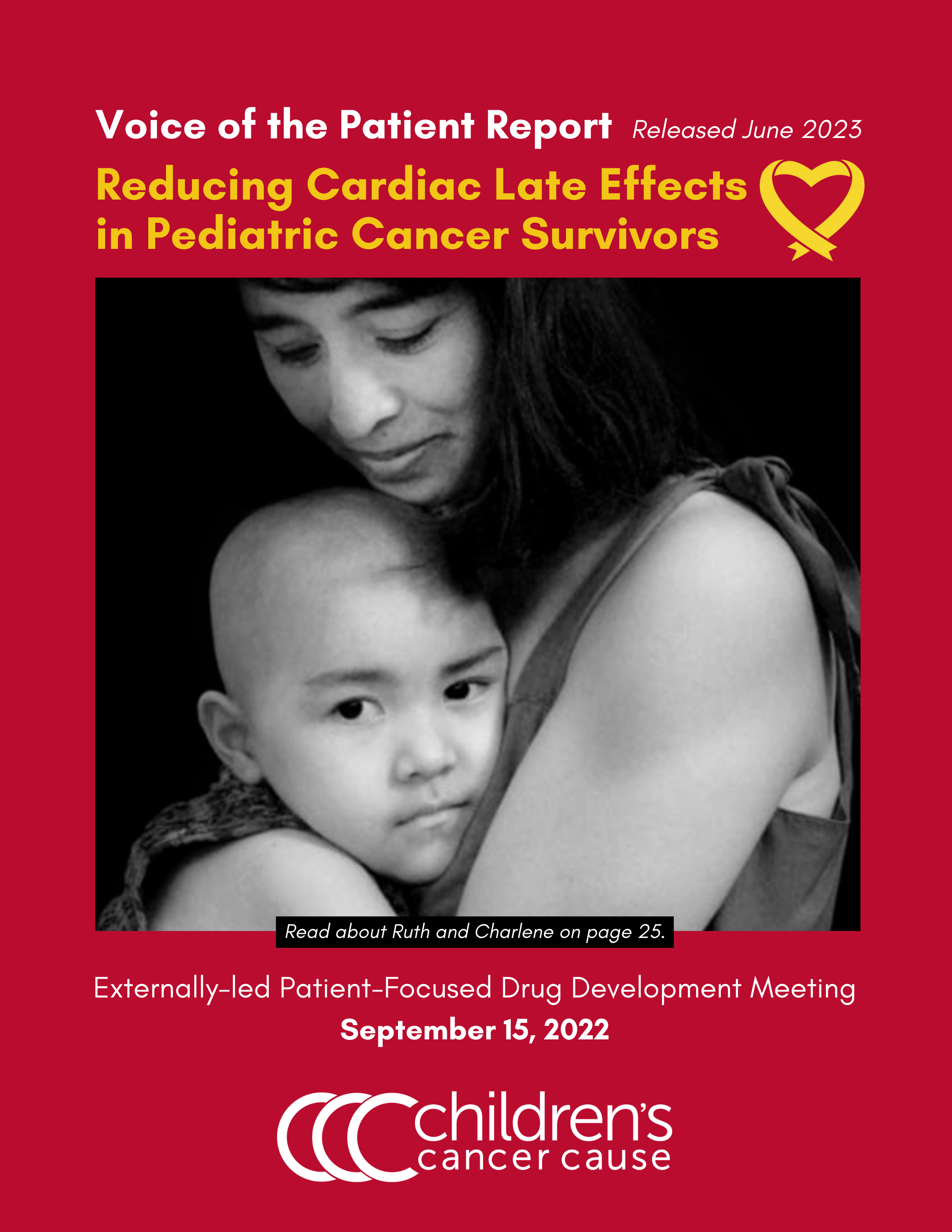“I was still doing marathons and noticed I was getting progressively slower... I was surprised by that because it crept up on me. By the time I went to see a doctor, I had severe aortic stenosis.”
- Erin, childhood cancer survivor
Cardiac Health
Childhood cancer survivors are at a 15-fold increased risk of developing Congestive Heart Failure and are at 7-fold higher risk of premature death due to cardiac causes, when compared with the general population. It is important to note that most childhood cancer survivors - even those treated with anthracyclines or chest radiation - do not suffer from heart damage, and many lifestyle factors also play a role in cardiac health. All survivors should receive yearly check-ups.
Visit the COG pages on heart health and cardiovascular risk factors for a full list of therapies, including anthracycline chemotherapy and radiation therapy in certain locations and dosages, that may put you at elevated risk for developing heart problems. Symptoms of heart problems include shortness of breath, dizziness, lightheadedness, severe fatigue, chest pain and more.
In 2022, Children’s Cancer Cause hosted an Externally-led Patient-Focused Drug Development (EL-PFDD) meeting on reducing cardiac late effects in pediatric cancer survivors, an opportunity for childhood cancer survivors and caregivers to speak to the Food and Drug Administration (FDA) and other experts about the need to develop new drugs that protect the heart and reduce cardiac late effects caused by harsh chemotherapy and radiation treatments.
You can read the full Voice of the Patient report from that meeting here.
Among the report’s key messages:
Managing ongoing cardiac late effects can have devastating quality of life impacts and too often becomes central to a survivor’s daily life.
Survivors and caregivers feel that they lack information to prepare for the future. They express disappointment, frustration, and feelings of trauma.
Survivors rely on a wide range of medical interventions, from heart medications to control blood pressure and manage cholesterol to more significant interventions like pacemaker placement, valve replacement, and even heart transplant.
For survivors and caregivers, the most important potential new treatments are protective treatments to prevent heart effects from cancer treatments, as well as less toxic cancer treatments with reduced impact on heart health.
There needs to be even greater incorporation of the survivor and caregiver voice in drug development to prevent, mitigate, or improve treatment for these late effects.
See also: New Research Supports Cardiac Late Effects Meeting (Children’s Cancer Cause Blog, 2022)
“I constantly have to check my heart rate and also my oxygen concentration. It’s just been a huge balancing act. There are things that have worked really well, which is like staying on oxygen and keeping up with my heart medications and keeping up with my doctor’s appointments and having a really great team.”
-- Ruth
Lung Health
Survivors treated with radiation to the chest or underarm area, total body irradiation (TBI), or who received certain medications and chemotherapy agents may be at an elevated risk of lung problems. Bleomycin, for example, can sometimes cause lung inflammation, pulmonary fibrosis (lung scarring), or acute respiratory distress syndrome (ARDS). Learn more from COG about bleomycin risk factors and special precautions. Other risk factors can include surgery involving the chest or lung (excluding placement of a central line) or chronic graft-versus-host disease following a bone marrow or stem cell transplant from a donor other than yourself.
Symptoms of lung damage may include shortness of breath, frequent coughing or wheezing, chest pain, and frequent lung infections.
Learn more: Pulmonary Health after Cancer Treatment (COG)
In addition to regular monitoring, those at elevated risk of lung damage should be sure to get the pneumonia vaccine and a yearly flu vaccine. It is especially important for childhood cancer survivors at risk of lung damage to avoid tobacco and second-hand smoke, avoid vaping and e-cigarettes, get regular exercise, and avoid breathing toxic fumes.
-
Phone quitlines for U.S. residents:
English: 1-800-QUIT-NOW (1-800-784-8669) or www.smokefree.gov
Spanish: 1-855-DEJELO-YA (1-855-335-3569) or espanol.smokefree.gov
Or visit smokefree.gov for tools and tips to help you quit smoking or stay quit.
- Kelsey, leukemia survivor
She was diagnosed when she was three years old. As an adult, Kelsey experiences chest pain, tachycardia (rapid heart rate), and hypertension. Tachycardia affects exercising, playing sports and activities.


